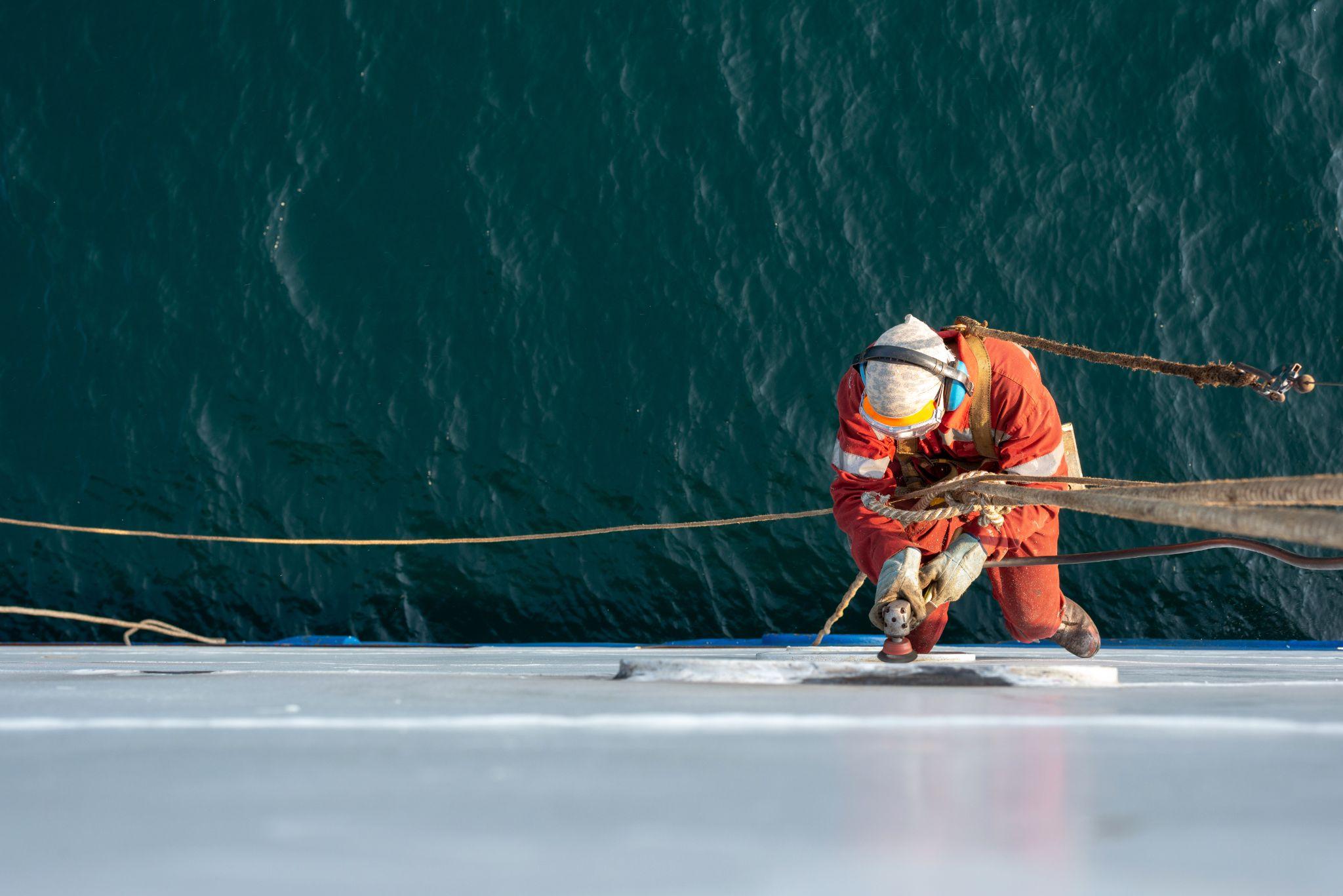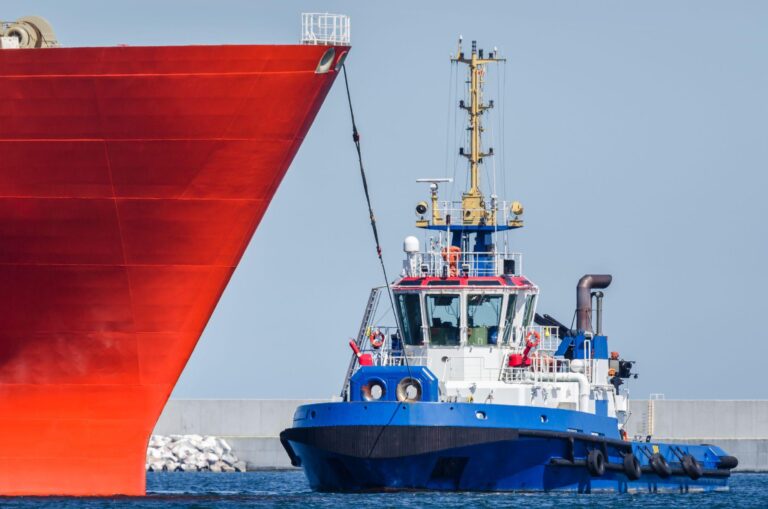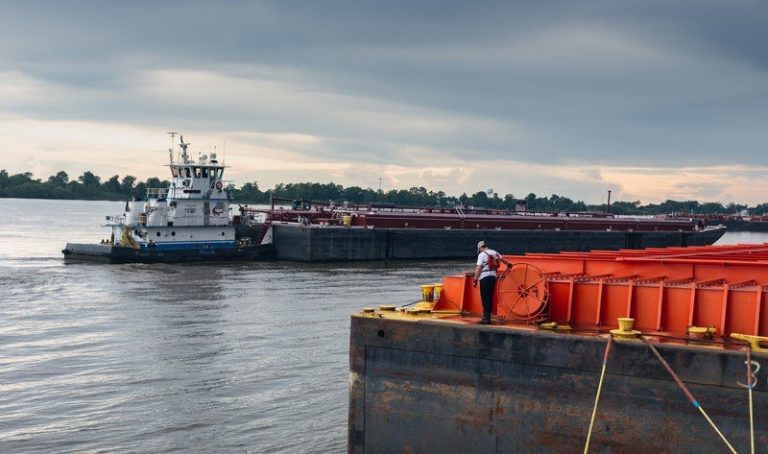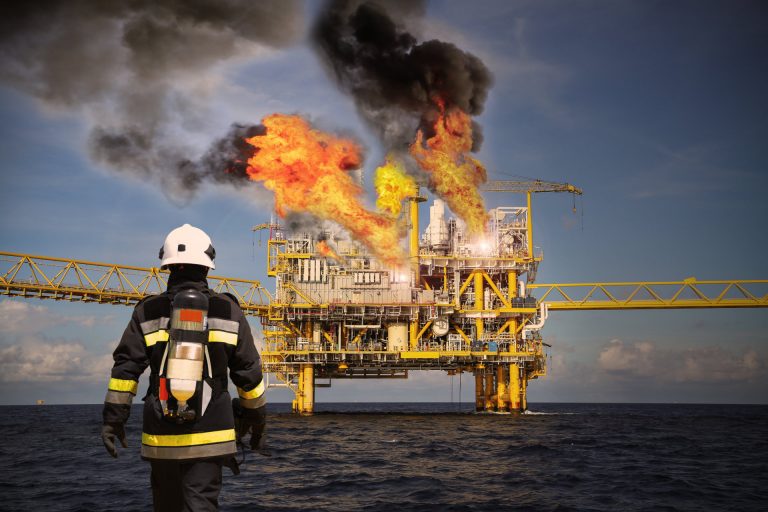The Australian Transport Safety Bureau has blamed crew member fatigue for a maritime accident off its coastline last year. The accident involved a Chinese cargo ship that ran aground on the Great Barrier Reef. An investigation by the Australian Transport Safety Bureau has found that the chief mate was fatigued at the time of the accident.
The accident occurred on 3 April 2010, when the cargo ship Shen Neng 1 grounded on the reef. The accident led to tons of oil being leaked into the ocean. There was tremendous damage to the reef, including a hole that was about 1.8 miles long. The ship was stuck for over nine days. The environmental impact of the accident has been tremendous, and experts have estimated that it will take up to two decades for the reef and the surrounding turtle breeding grounds to recover from the damage.
According to the Australian Transport Safety Bureau investigation, the chief mate of the ship had had just 2.5 hours of sleep during the 38.5 hours before the accident. The final report says that the chief mate was extremely tired, and that this affected his level of performance while he was monitoring the ship’s position. The report alleges that the ship did not have an effective fatigue management system in place, to combat problems like these.
Fatigue as a factor in transportation safety has been receiving a lot of attention over the past couple of years. The number of automobile and truck accidents linked to driver or operator fatigue has increased. Last week, the Federal Aviation Administration scrambled to modify its air traffic controller scheduling rules after at least four traffic controller controllers were found napping on the job.
Unfortunately, maritime attorneys have noted that such safety concerns have not left the maritime industry unscathed either. A maritime work environment can mean long hours, strenuous labor, and monotonous work – conditions that increase the risk of fatigue. An effective fatigue management system should be in place in every vessel to combat these risks.







